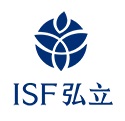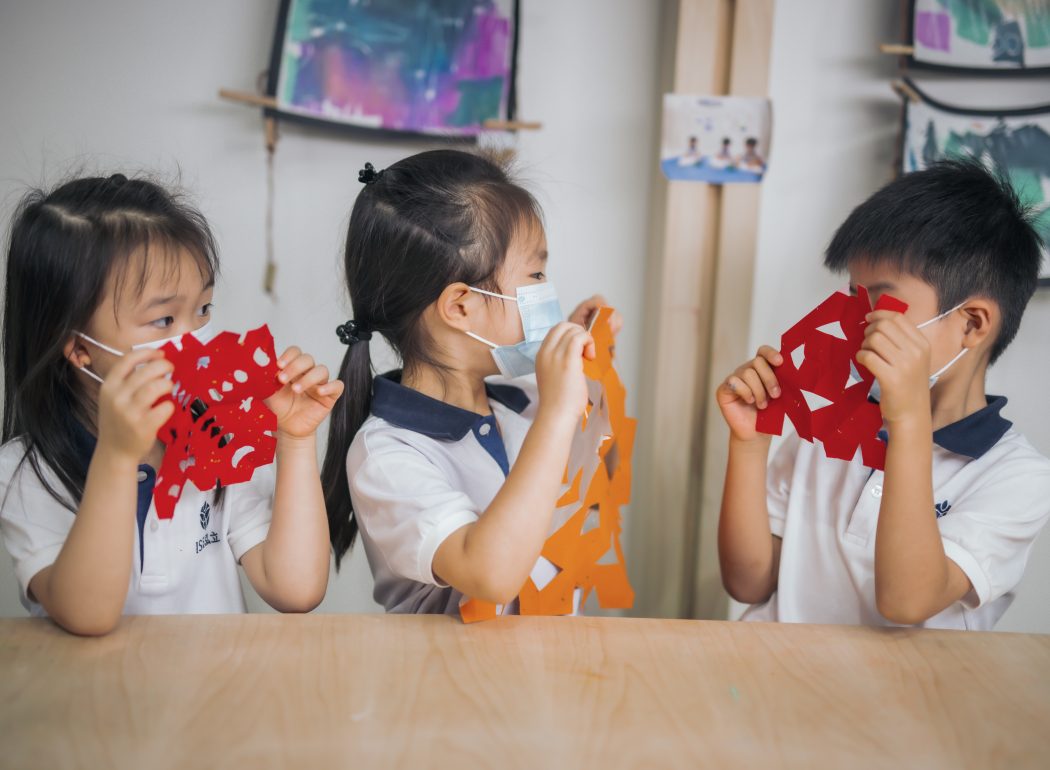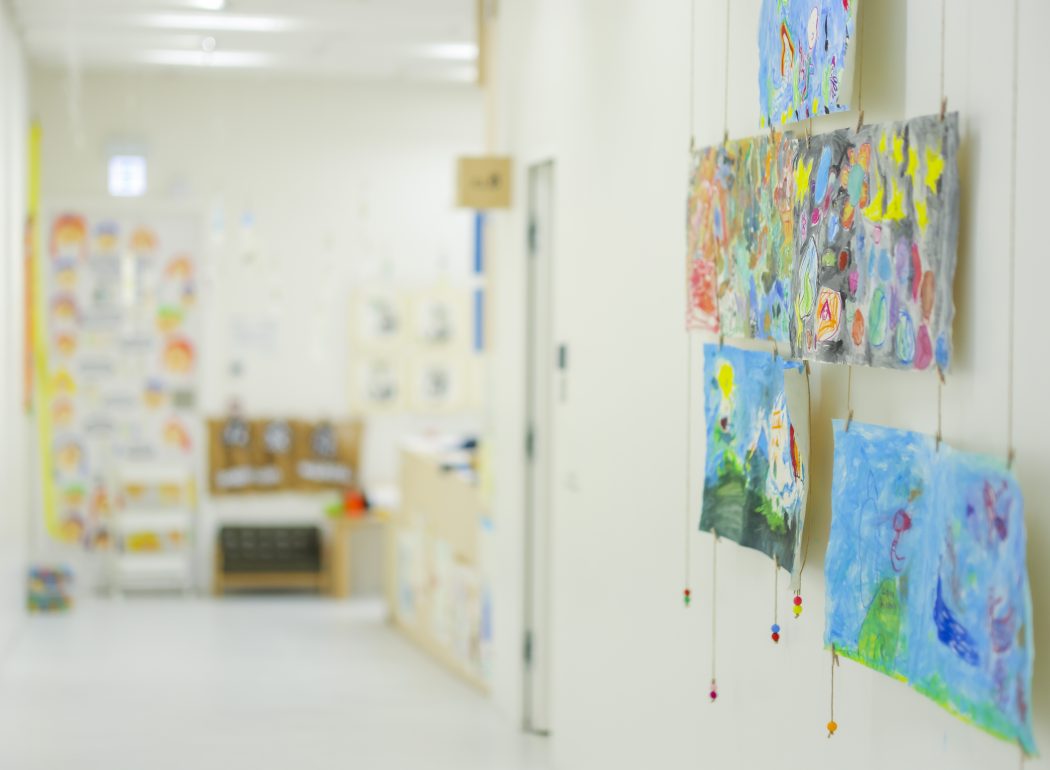-

The program is designed to be sufficiently flexible to accommodate for individual children's patterns of learning and development. 

The program is designed to be sufficiently flexible to accommodate for individual children's patterns of learning and development. 
-
Class Structure
-
Our program caters to young learners from two years and eight months to five years of age. Half-Day Programs are offered to Year One students, while Year Two students have the option to join the Half-Day or the Extended Program. Our professional teaching team is highly experienced and qualified in early childhood education. Our favorable teacher-child ratio also helps ensure children’s learning needs are appropriately met.
School Commencement
School typically starts in mid-August.
School Hours
Morning Session: 9:00 a.m. to 12:00 noon
Afternoon Session: 1:15 p.m. to 4:15 p.m.
Extended Program: 9:00 a.m. to 3:15 p.m.
School Bus
Parents are highly encouraged to consider the use of the school bus services as the road structure near the school has limited capacity to accommodate a high volume of traffic. For school bus route enquiries, please contact the Pre-School office.
-
Curriculum
-
The ISF Pre-School curriculum is developed on the basis of the International Early Years Curriculum (IEYC) and The ISF Academy Foundation Years curriculum, drawing together the essence of Chinese and Western thinking. The program is delivered through two languages of instruction, with 70% in Putonghua and 30% in English. It provides a rich bank of experiences from which young children can learn to make sense of their own world and the world around them.
The ISF Pre-School curriculum’s fully integrated, balanced, inquiry approach to teaching and learning capitalizes on young children’s interest and their desire to explore, ask questions and find the answers. Each unit is designed to focus on issues relevant to young children and lasts several weeks to allow in-depth and authentic learning. The curriculum fully integrates the six key learning areas:
- Language
- Early Childhood Mathematics
- Nature and Living
- Arts and Creativity
- Physical Fitness and Health
- Self and Society
The program is designed to be sufficiently flexible to accommodate for individual children’s patterns of learning and development. The program provides opportunities for new learning to be fostered and enables children to reflect on different ways of doing things, makes connections across time and place, establishes different kinds of relationships and encounter different points of view.
-
Assessment
Effective assessment procedures are critical to effective teaching and learning at all ages. Teachers can best meet the needs of individual learners when they are able to establish, through a range of diagnostic and formative assessment procedures, the next step required to be taken in the teaching process. Taking the time to find out what a child has actually learned at the end of a lesson is an essential part of the planning process.Reporting
The progress and achievement of our students are reported to parents through portfolios, reports and parent-teacher conferences.




